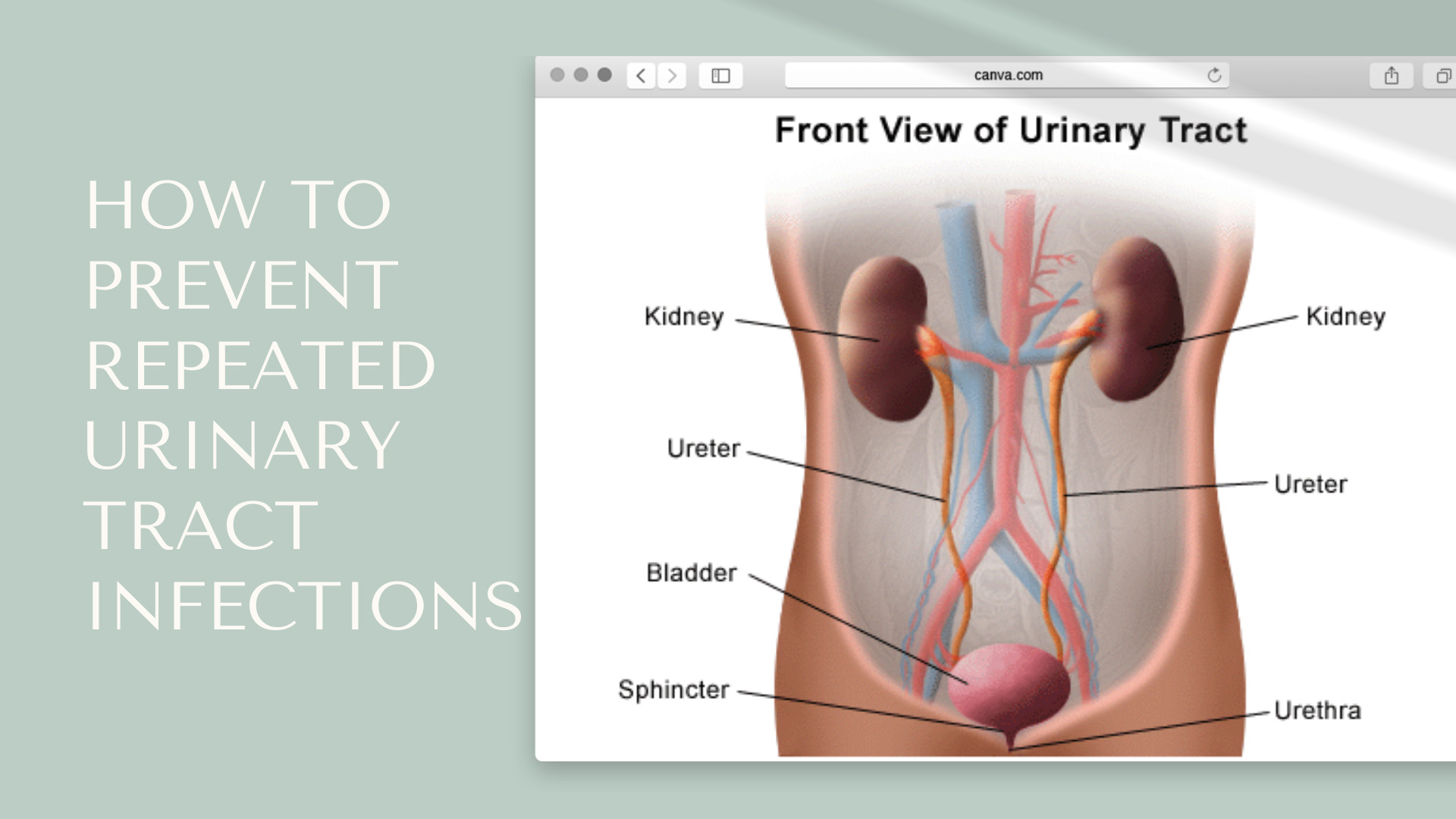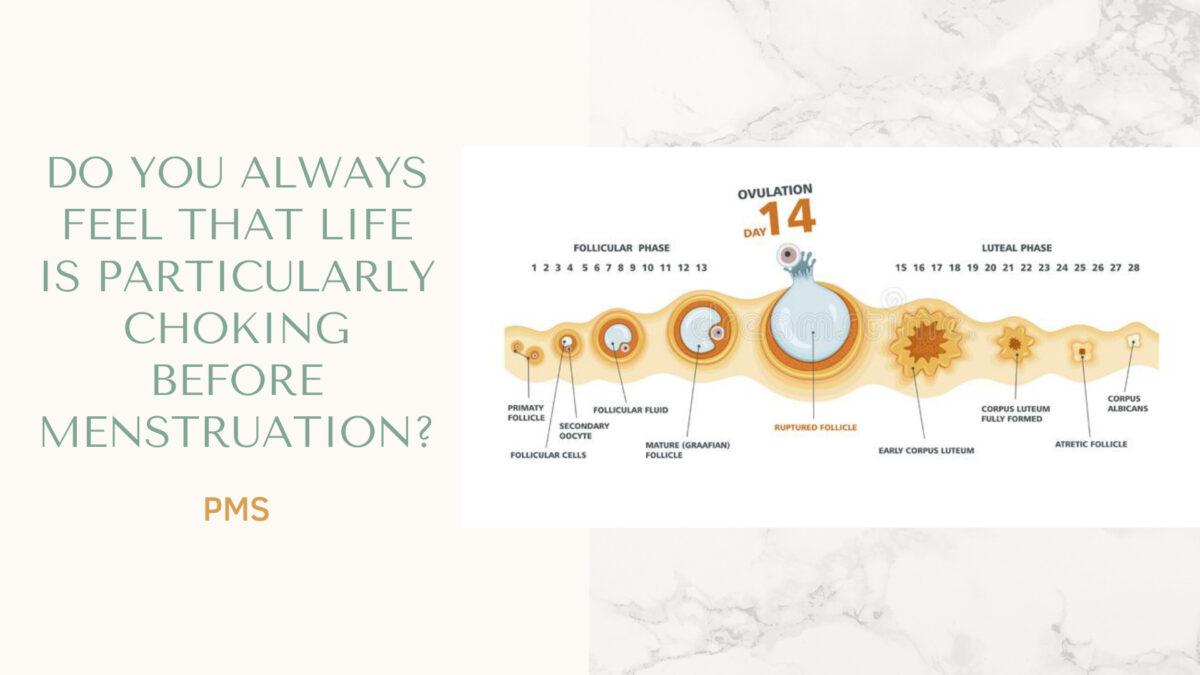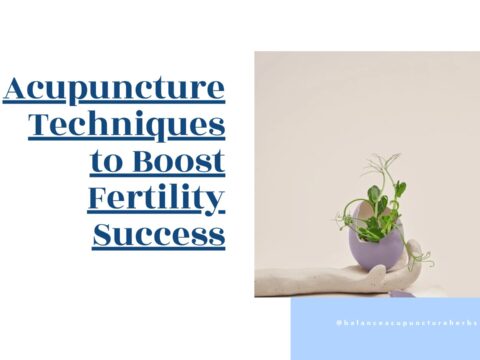
How to prevent urinary tract infections (UTI)?
May 11, 2021
How Chinese medicine treats gastroesophageal reflux?
May 26, 2021|
Getting your Trinity Audio player ready...
|
Do you always feel that life is particularly choking before menstruation?
Do you always feel that life is particularly choking before menstruation? Then you may be a potential group for premenstrual syndrome. The premenstrual syndrome most often occurs in women aged 20-30.
At present, the cause of the premenstrual syndrome is not clear. However, from female hormones, the main reason is the fluctuation of female hormones “estrogen” and “progesterone” in the body. , Resulting in maladaptation of patients.
Premenstrual syndrome mainly occurs when there is ovulation. There are two periods in the physiological period, the follicular phase and the luteal phase. In the follicular phase, the body will secrete estrogen and stack up higher and higher. At this time, the pituitary gland will release the command to ovulate, secrete the luteinizing hormone, and then ovulation will occur. At this time, our body releases the corpus luteum. As a result, progesterone is produced, and the original estrogen continues to stay at its peak.
During ovulation, estrogen will be in an inactive state. When the corpus luteum continues to secrete progesterone, both estrogen and progesterone are at their peaks. If there is no conception, the corpus luteum will shrink, and menstruation will come 14 days after ovulation. At the same time, estrogen and progesterone are also decreasing, and the drop from the peak is considered the most significant cause of premenstrual syndrome.
Premenstrual syndrome is the most common problem affecting women, with an incidence of more than 50%. It affects women’s quality of life during their menstrual period and affects their psychological level. Physical symptoms include headache, abdominal pain, abdominal distension, breast tenderness, constipation, fatigue.
Emotionally irritability, anxiety, sleep disorder, forgetfulness, inability to concentrate, and symptoms improve immediately after menstrual cramps. Western medicine believes that it is related to the abnormalities of hormones such as progesterone and estrogen and neurotransmitters in the brain. In general, the treatment is mainly to relieve symptoms.
Premenstrual syndrome in traditional Chinese medicine is mainly manifested by “liver depression.” Women are born with physical difficulties, including menstruation, pregnancy, and breastfeeding, which can consume yin blood and are more prone to yin deficiency than men. In addition, if there are factors that aggravate symptoms during the process, such as staying up late, it will further deplete Yin blood. The “liver” in Chinese medicine is different from a single organ in Western medicine. Its primary function is to “regulate the body’s qi machine,” that is, to distribute the body’s energy, such as allowing energy to flow to the stomach when eating. Once the yin is weak, it will like the machine is not oiled, and the liver cannot function properly, it will form “qi depression,” and it also further cause premenstrual syndrome. If you work in a high-pressure workplace, it will also make liver depression worse.
Symptoms of premenstrual syndrome:
There are many symptoms of premenstrual syndrome, and whether it causes distress and discomfort to the patient is also subjective, but roughly three aspects and the three aspects also affect each other.
Psychological level:
primary emotion reactions like tension, anxiety, irritability, emotional ups and downs, and even depression.
Physiological symptoms:
headache, dizziness, nausea, breast swelling and pain, abdominal swelling, edema of hands and feet, and diarrhea.
Behavioral Manifestations:
unable to lift energy, do not want to go out, lack concentration
According to TCM theory, premenstrual syndrome is mainly related to the imbalance of the liver. Therefore, the treatment is primarily to relieve the liver and relieve depression. Commonly used acupuncture points include Taichong, Hegu, Xuehai, Sanyinjiao, and Zusanli.
We recommended that women with dysmenorrhea have traditional Chinese medicine and acupuncture treatment. On the other side, well lifestyle is one of the critical methods to make you healthy, such as keeping regular life and rest, developing exercise habits, and not eating raw or cold food during the menstrual period. Also, remember to increase the frequency of acupuncture after the ovulation period. Acupuncture can still choose when you are at your period days to alleviate the discomfort symptoms.
Women could live well even when menstruation comes! Book an appointment today!
Read More:
Electroacupuncture and Acupuncture for Anxiety Disorders
Relieve Menopause Symptoms with Acupuncture
TCM infertility-What kind of help can we provide?
Dysmenorrhea (painful menstruation)
Woman’s Health and Acupuncture
[wpseo_address show_state=”1″ show_country=”1″ show_phone=”1″ show_phone_2=”1″ show_fax=”0″ show_email=”0″ show_logo=”0″]
[wpseo_map max_number=”undefined” width=”400″ height=”300″ zoom=”-1″ map_style=”roadmap” scrollable=”1″ draggable=”1″ show_route=”0″ show_state=”0″ show_phone=”1″ show_phone_2=”0″ show_fax=”0″]




